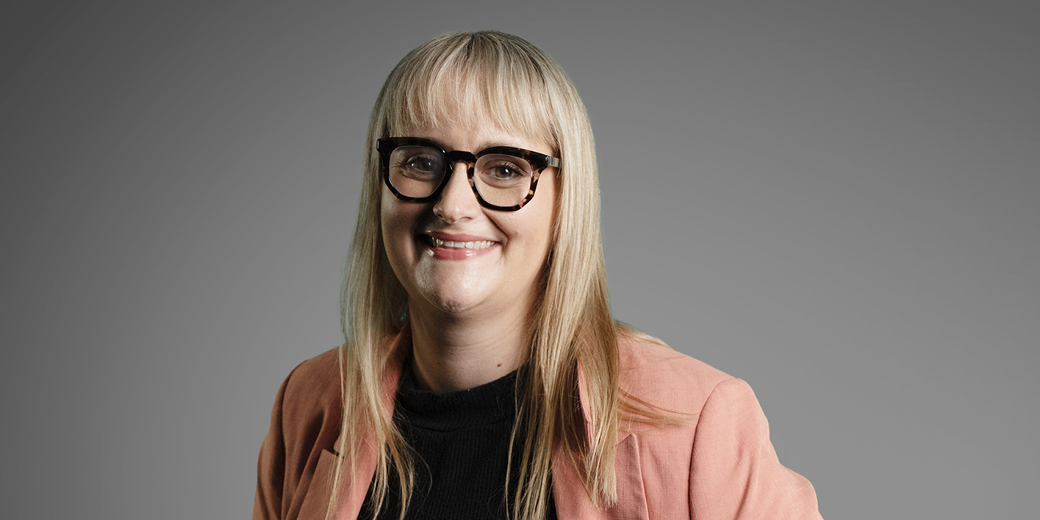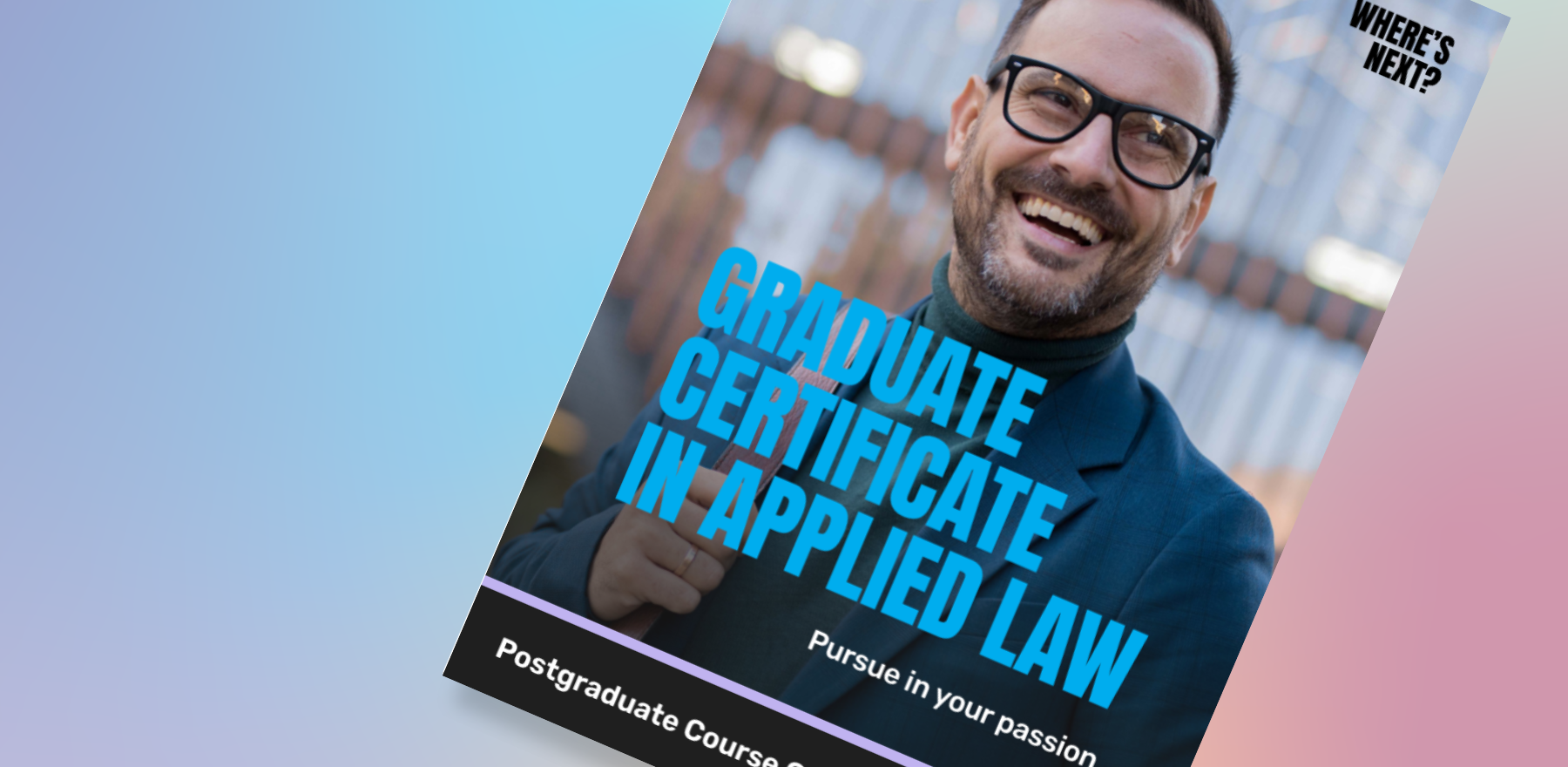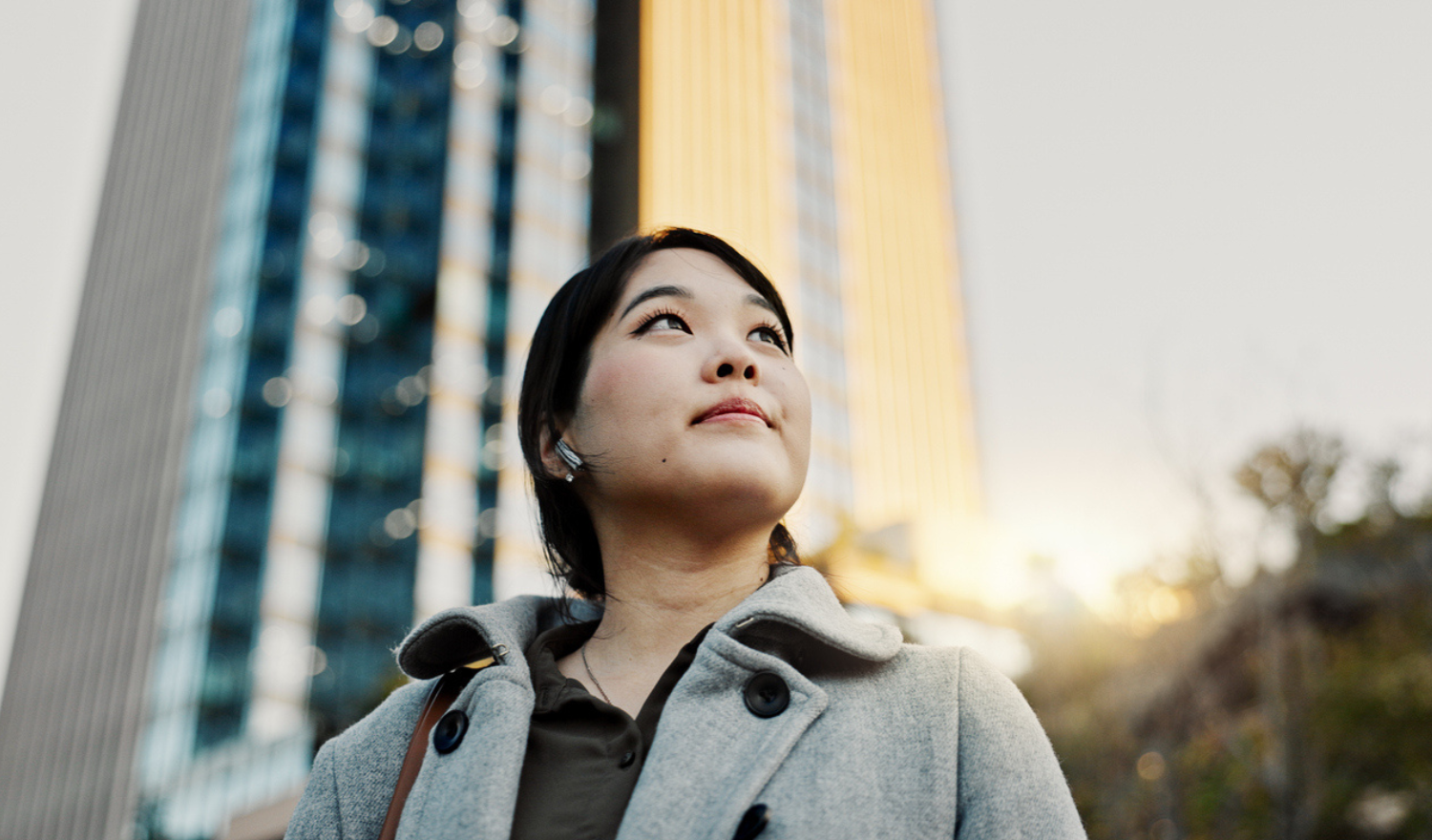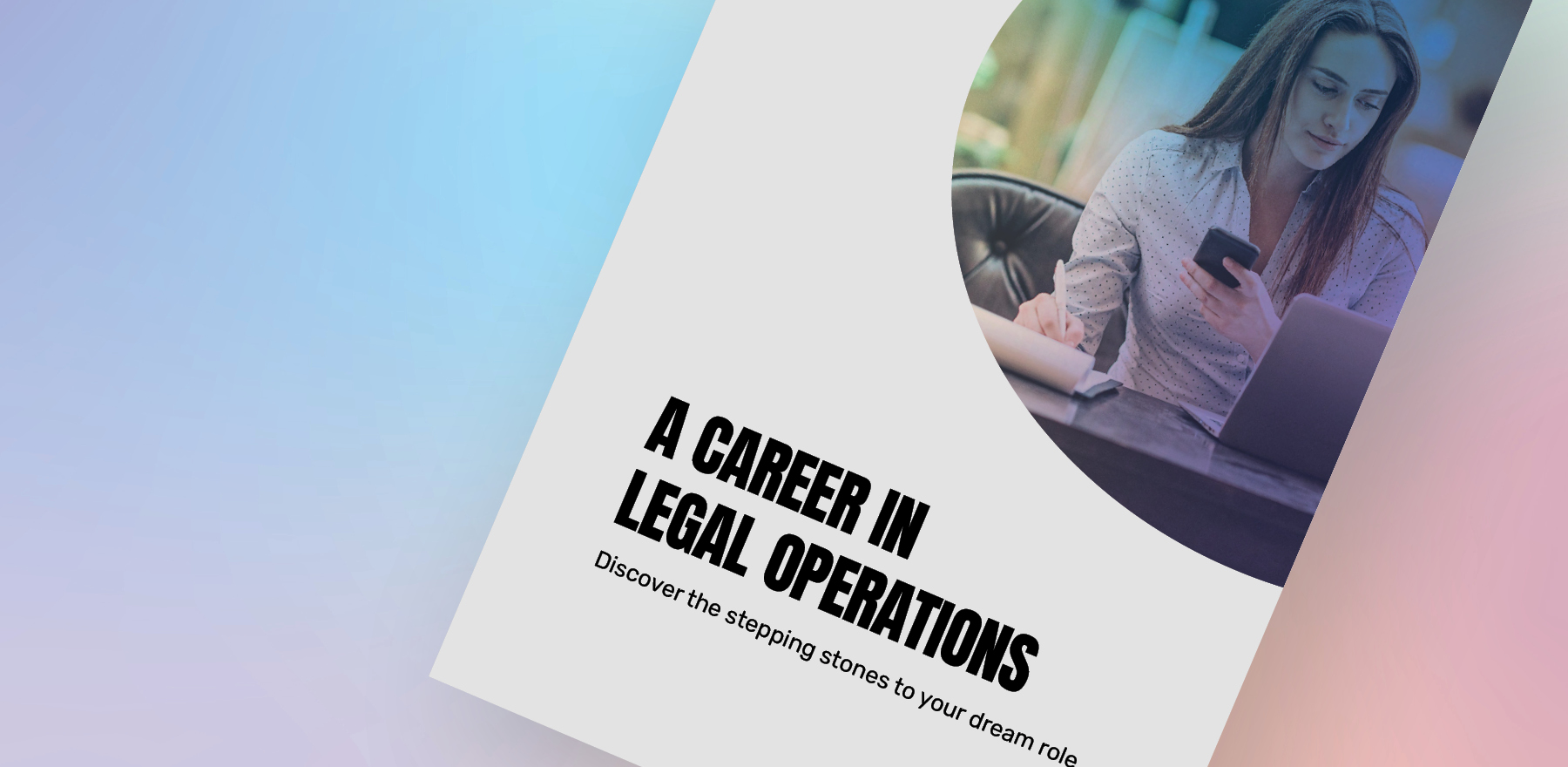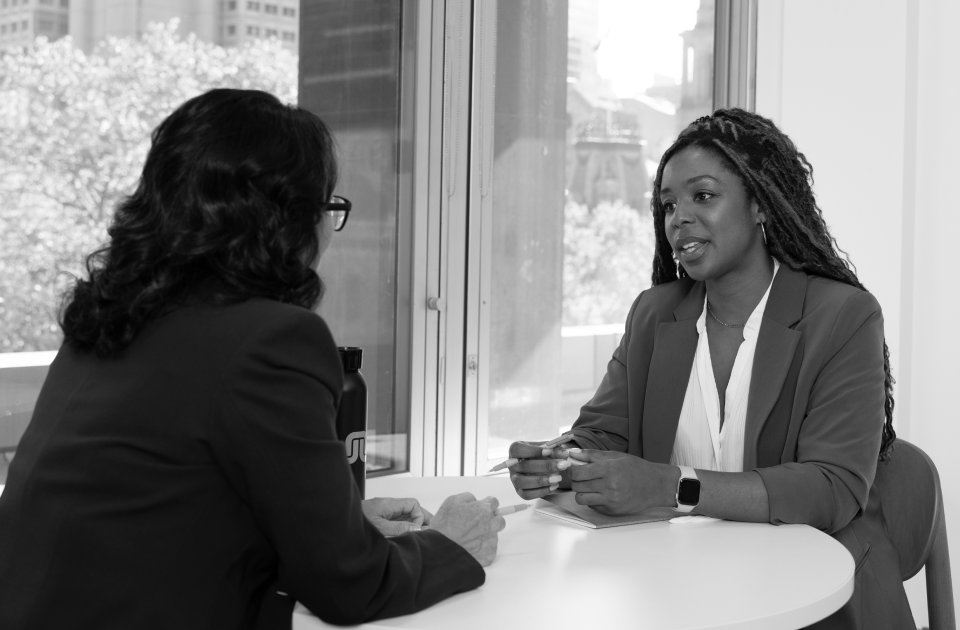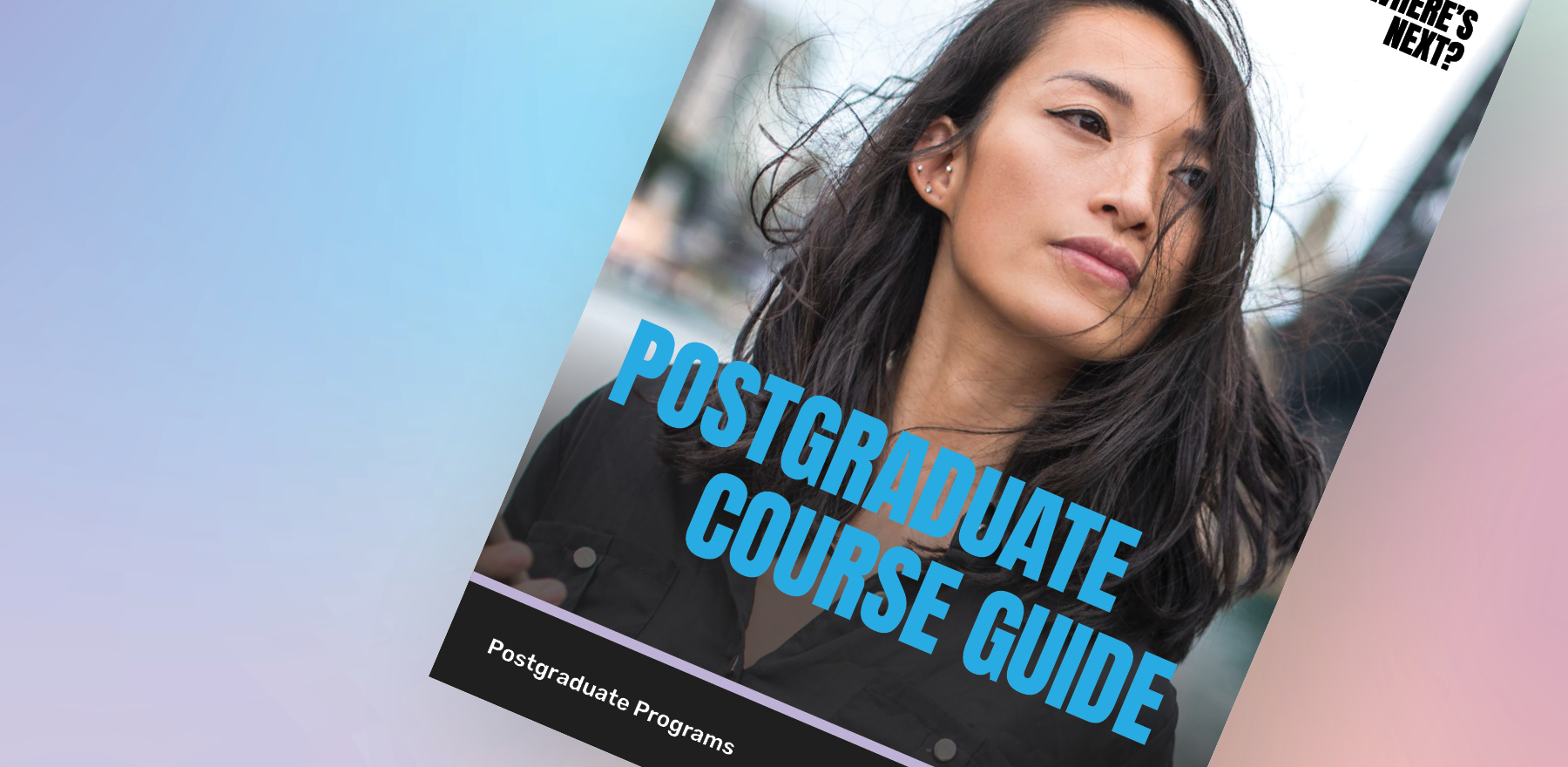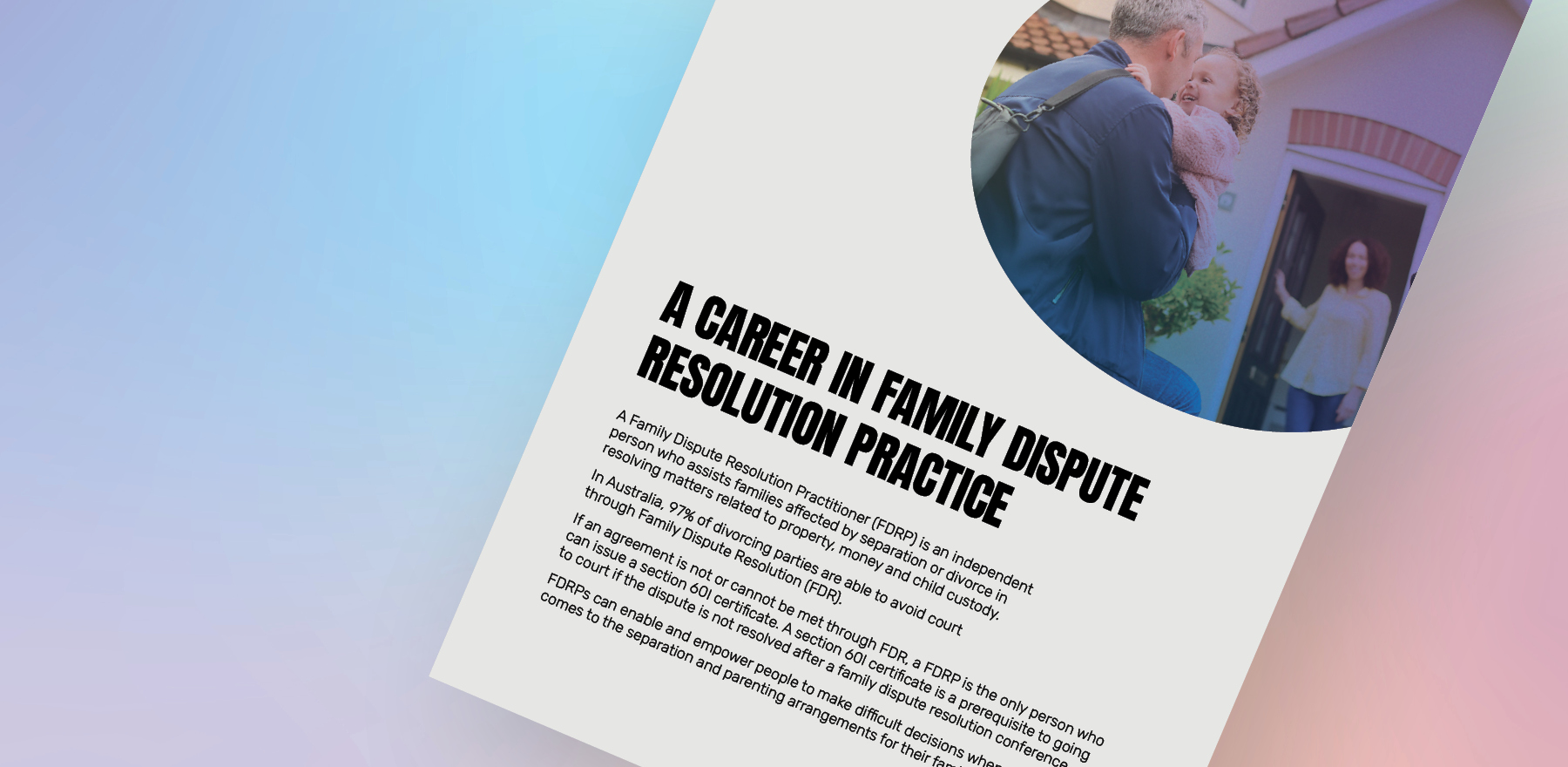Mediator and former family lawyer Renee Toy knows human conflict does not pause, even during the Great Pause of 2020. Renee was recently recognised as the College’s best graduating student of Family Dispute Resolution Practice (FDRP), a prize generously sponsored by Barry.Nilsson.Lawyers.
We spoke to Renee about graduating during lockdown, what attracted her to FDRP, and her reflections and hopes for FDRP as practitioners around the world emerge from indoors.
“When I was a family lawyer, I always enjoyed participating in roundtable conferences and mediations with clients,” said Renee. “I was always interested in learning more about alternative dispute resolution, so the College of Law felt like a natural progression for me.”
Easing the emotional toll of family conflict
During her time in family law, Renee had seen up close the financial and emotional toll wrought by protracted court proceedings and negotiations.
“It was always heartbreaking,” said Renee. “In a lot of cases, families can end up with more conflict, not less. To me, family dispute resolution offers an opportunity for people to be truly heard. This can help parties work through and move on from past hurt, and hopefully communicate better going forward.”
This is particularly important when young children are involved, and co-parenting arrangements need to be made for years to come.
“In FDR, parties are asked to work together to come up with a resolution that is going to work for them and their children,” said Renee. “Problem-solving their own outcome will hopefully reduce the chance of further conflict, and the need for further court intervention. If a court is necessary to achieve an outcome for the parties, FDR can help narrow the issues that require a court decision, which will save people time and money.
“FDR can be tailored to a family’s needs,” said Renee. “We can adjust the process to ensure parties are negotiating on an even playing field, such as shuttle or video conferencing, or through a lawyer-assisted mediation.”
Contributing to a growing field
Moving to FDRP suited Renee’s personality, disposition, and skills.
“As soon as I started the course, I wondered why I didn’t do it sooner!” said Renee. “I get a lot of satisfaction from this work, and I found study really engaging and challenging the whole way through.
“I really soaked up as much knowledge from the convenor and coaches as possible. It was great to meet so many successful practitioners and hear their tips and tricks of the trade throughout the course.”
Frequent feedback helped Renee develop her own mediation style as she grew her practice.
“The group workshops and role-plays gave me the opportunity to learn from others and think about different approaches and styles in mediation,” said Renee.
“I hope I can contribute to the growth of family dispute resolution in Canberra, and band with other FDRPs to show the benefits of facilitative mediation in helping families through conflict,” said Renee.
Towards a facilitative family law model
Much of Renee’s work focuses on the facilitative model of family law dispute resolution.
“I think there are still a lot of opportunities to educate clients and lawyers about the benefits of this type of mediation. Most family mediation I’ve previously encountered in family law involved settlement-style conferences or evaluative mediation, so I wasn’t exposed to the facilitative model.
“While settlement conferences have an important role and can benefit many parties, there is also much value to be found in facilitative family dispute resolution,” said Renee. “In this space, practitioners can give parties an opportunity to feel heard about what has led to the conflict and help them move on from that.
“In parenting matters, FDR can address conflict and poor communication in a way that will hopefully improve a co-parenting relationship and communication going forward. Too many people are locked in court proceedings and can be left waiting months or years for a final decision. Many families are also enduring long waiting periods for mediation through the Family Relationships Centres.
“I hope I can help deliver workable outcomes for families and save them time and costs they might otherwise spend taking their matter to court.”
Lessons from lockdown for more flexible FDRP
“I think COVID-19 has forced FDRPs, mediators, and lawyers to think flexibly about the services we offer,” said Renee.
This prompted Renee, alongside fellow family law practitioners, to adapt her processes to suit different individuals and families when face-to-face meetings were not possible.
“Even a year ago, the main alternatives to a face-to-face mediation would be a phone or shuttle mediation,” said Renee. “Now there is a range of video platforms that offer virtual break-out spaces and private rooms so parties can participate in a mediation online. I’ve been educating myself on the use of Zoom and other platforms in family dispute resolution and mediation, and the use of breakout rooms, sharing screens and other features you can use in this space to assist in resolving disputes.
“I think video conferencing, even in a shuttle style where the parties don’t see each other, can offer a safe way to participate in mediation when someone doesn’t feel comfortable in the same room or on the same premises as the other party,” said Renee.
“There are of course challenges to using these platforms, such as reliability of internet access and the need to ensure confidentiality in the process,” said Renee. “It’s no doubt been a challenging time for clients and practitioners alike but we’re fortunate to be able to stay connected with the range of communication platforms available.”
Moving forward, Renee encourages her fellow practitioners to take a longer-term view.
“As restrictions ease, it’s important to recognise that tensions and anxieties may not ease with them, and in some ways may be heightened,” said Renee. “For example, parents may have different views about whether their kids should be going back to their sports, travelling interstate, or who they should be in regular contact with. So, we need to be conscious of these potential anxieties and conflicts as people navigate the uncertainty, do our best to empathise, and help parties work through these issues.”
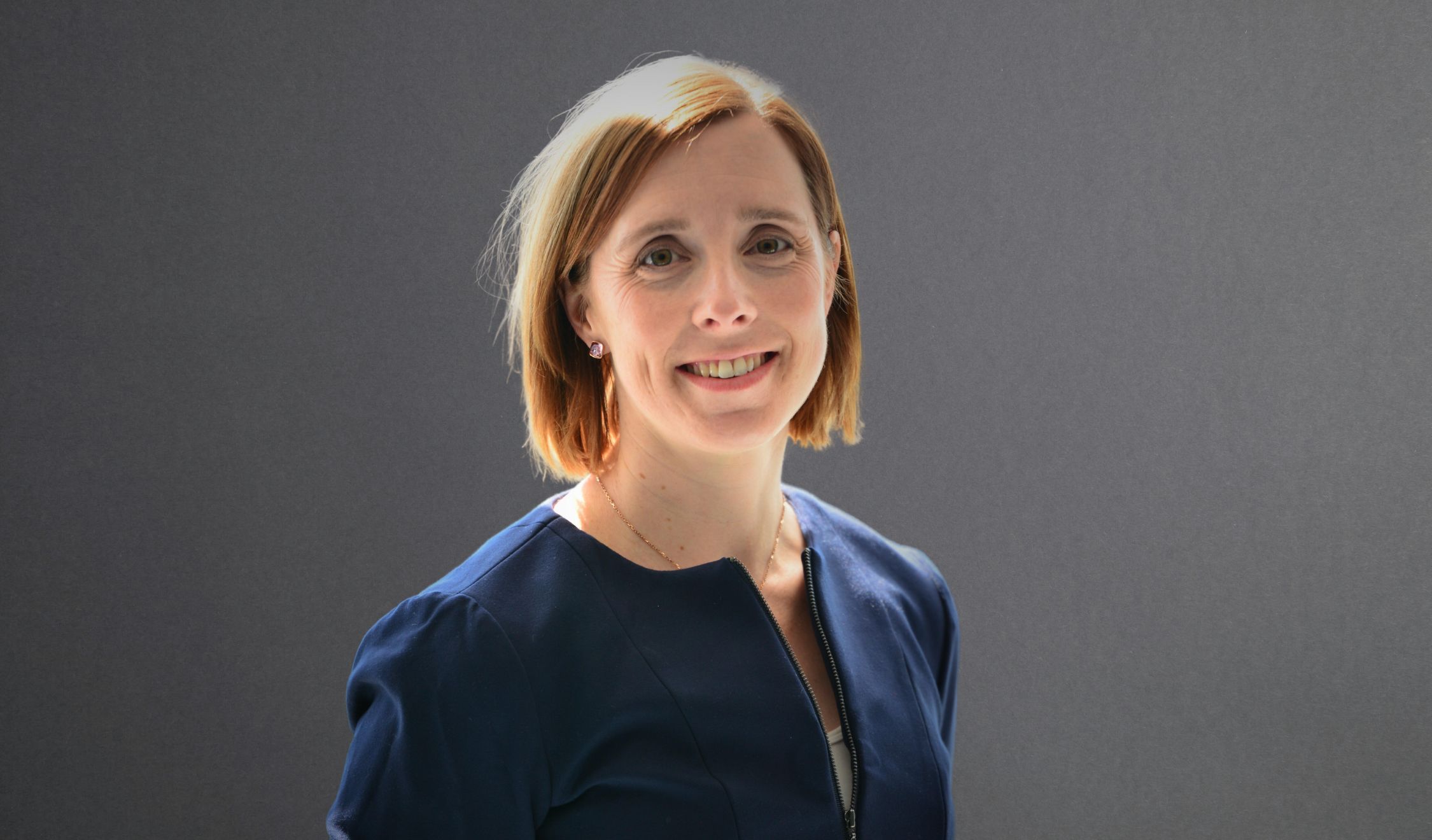






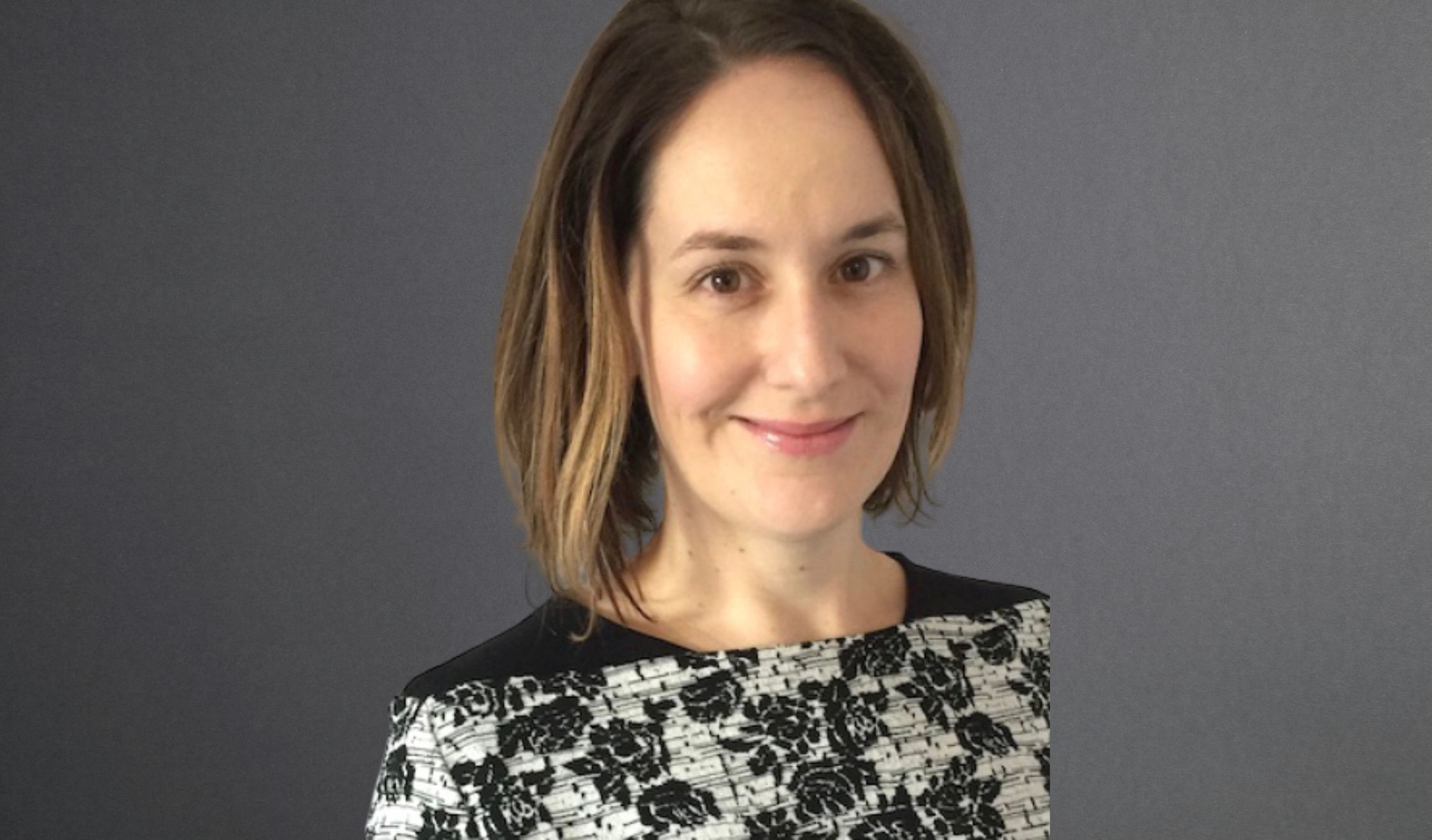
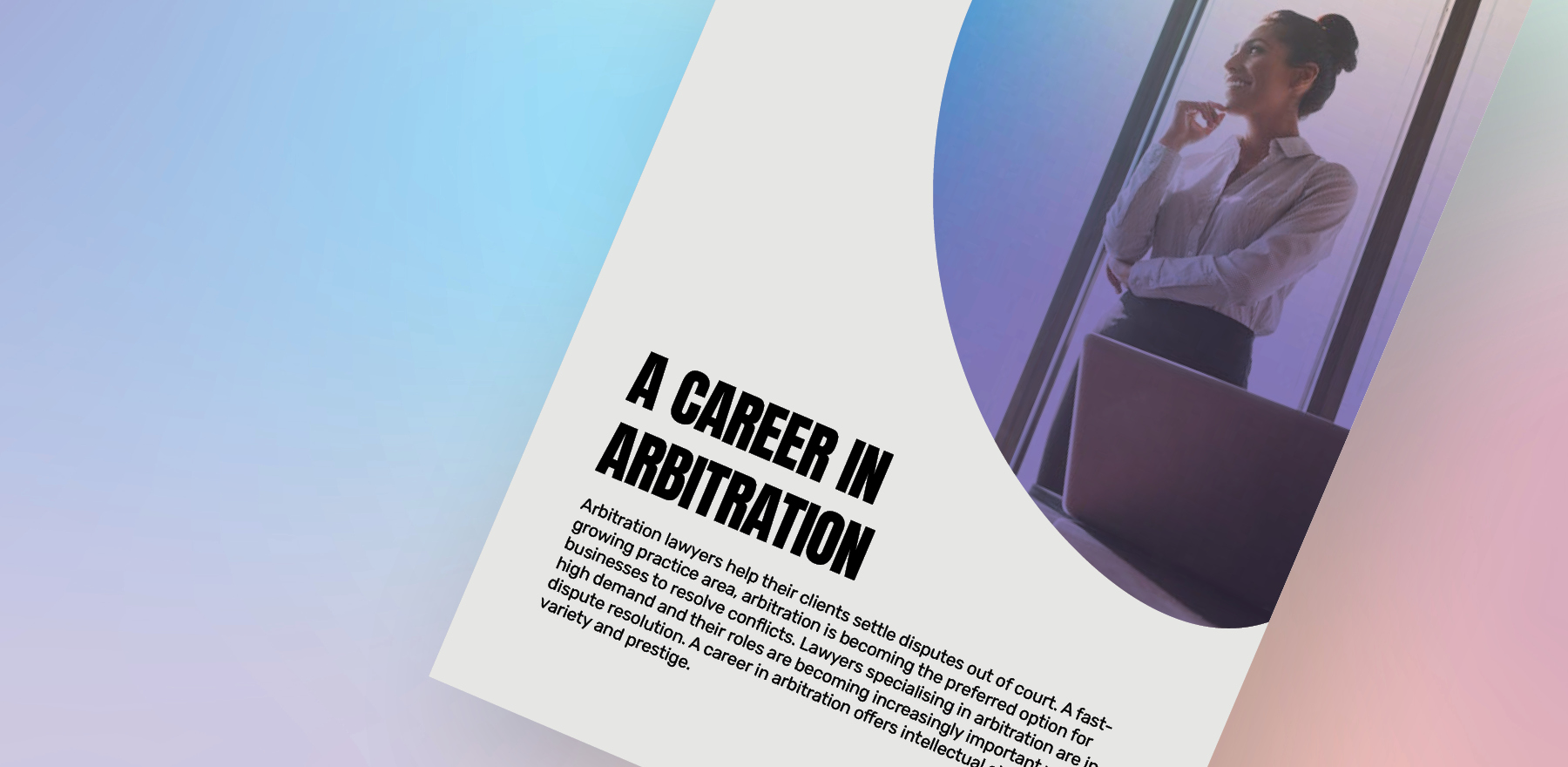


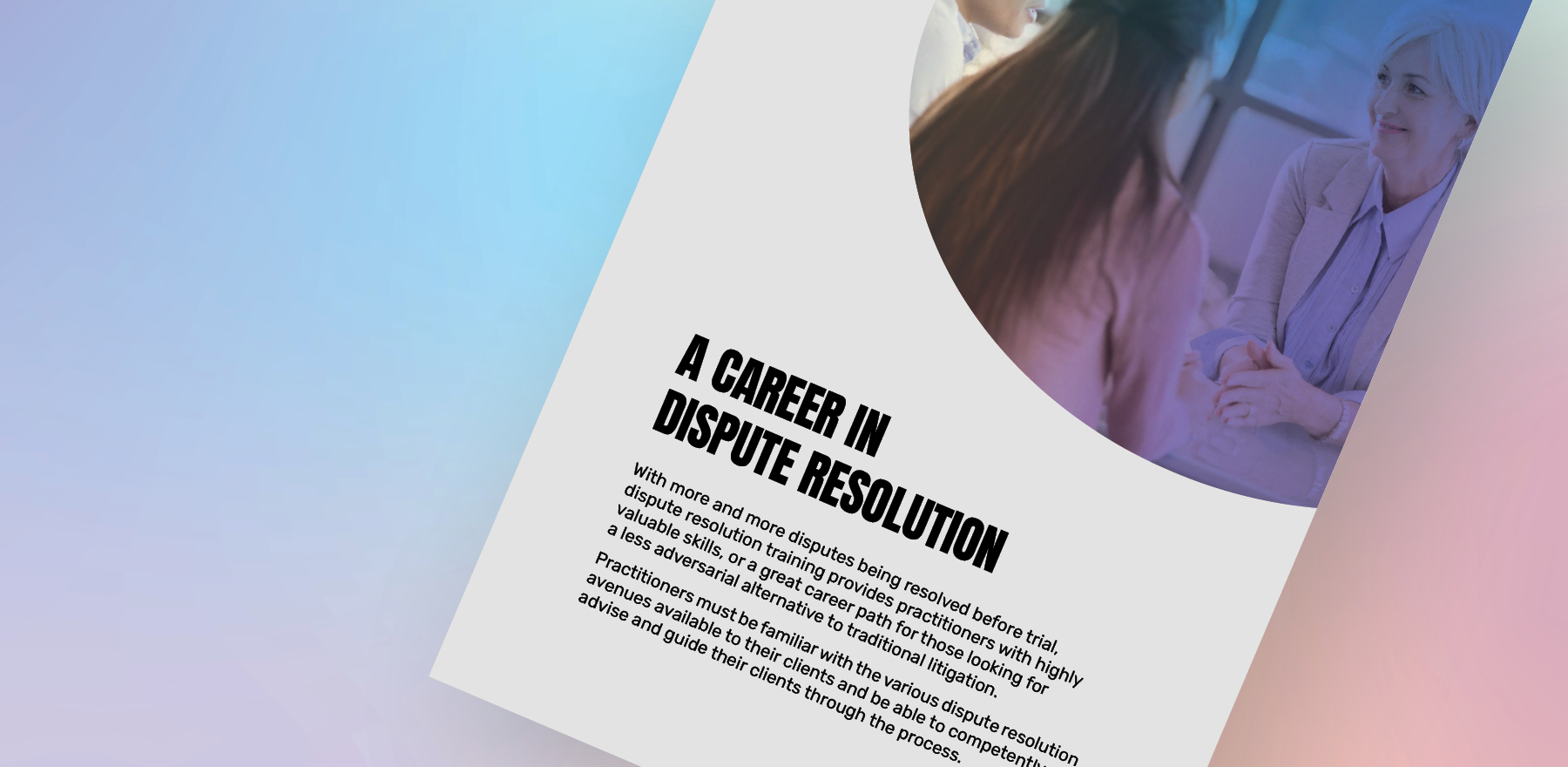




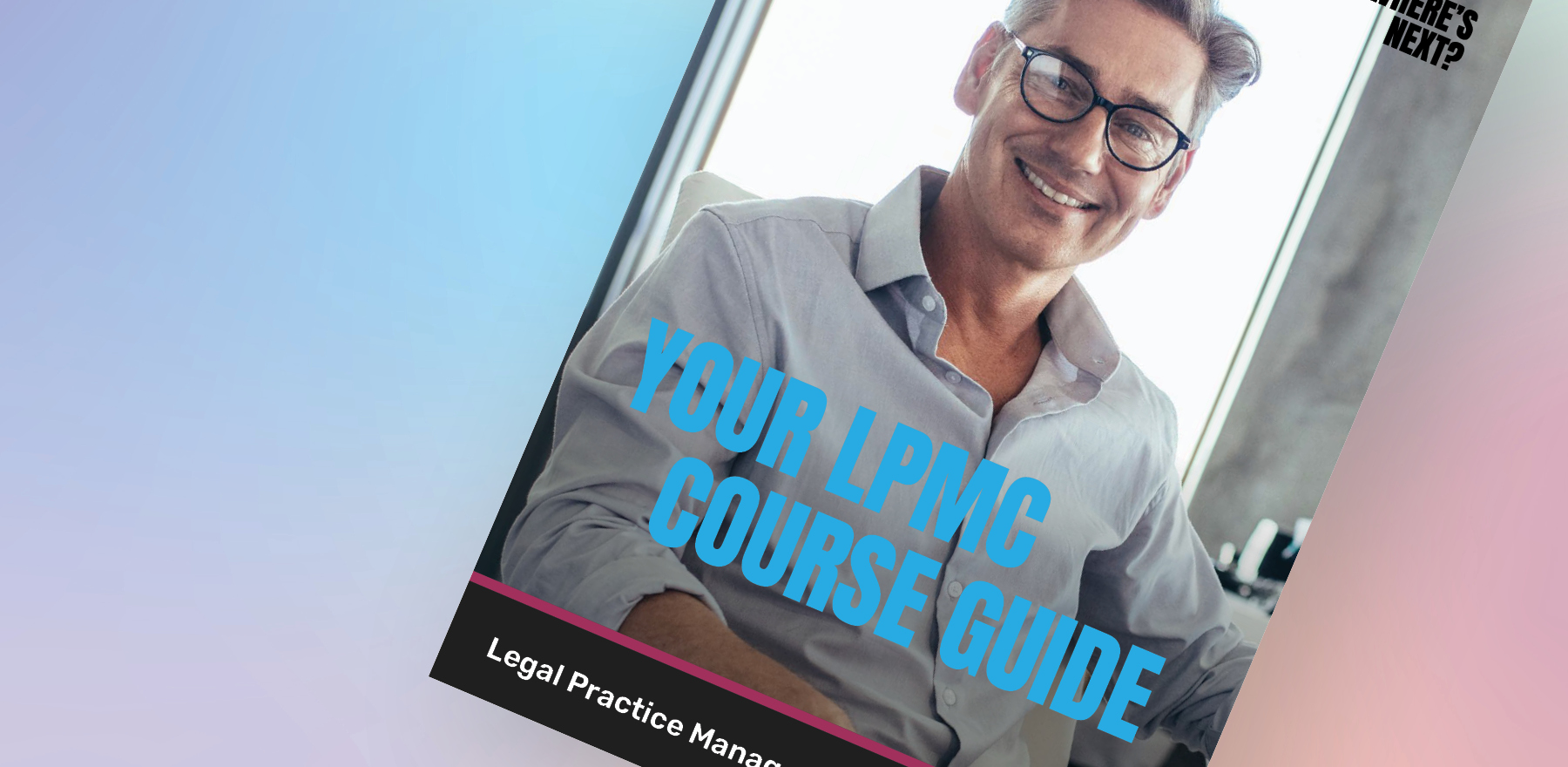
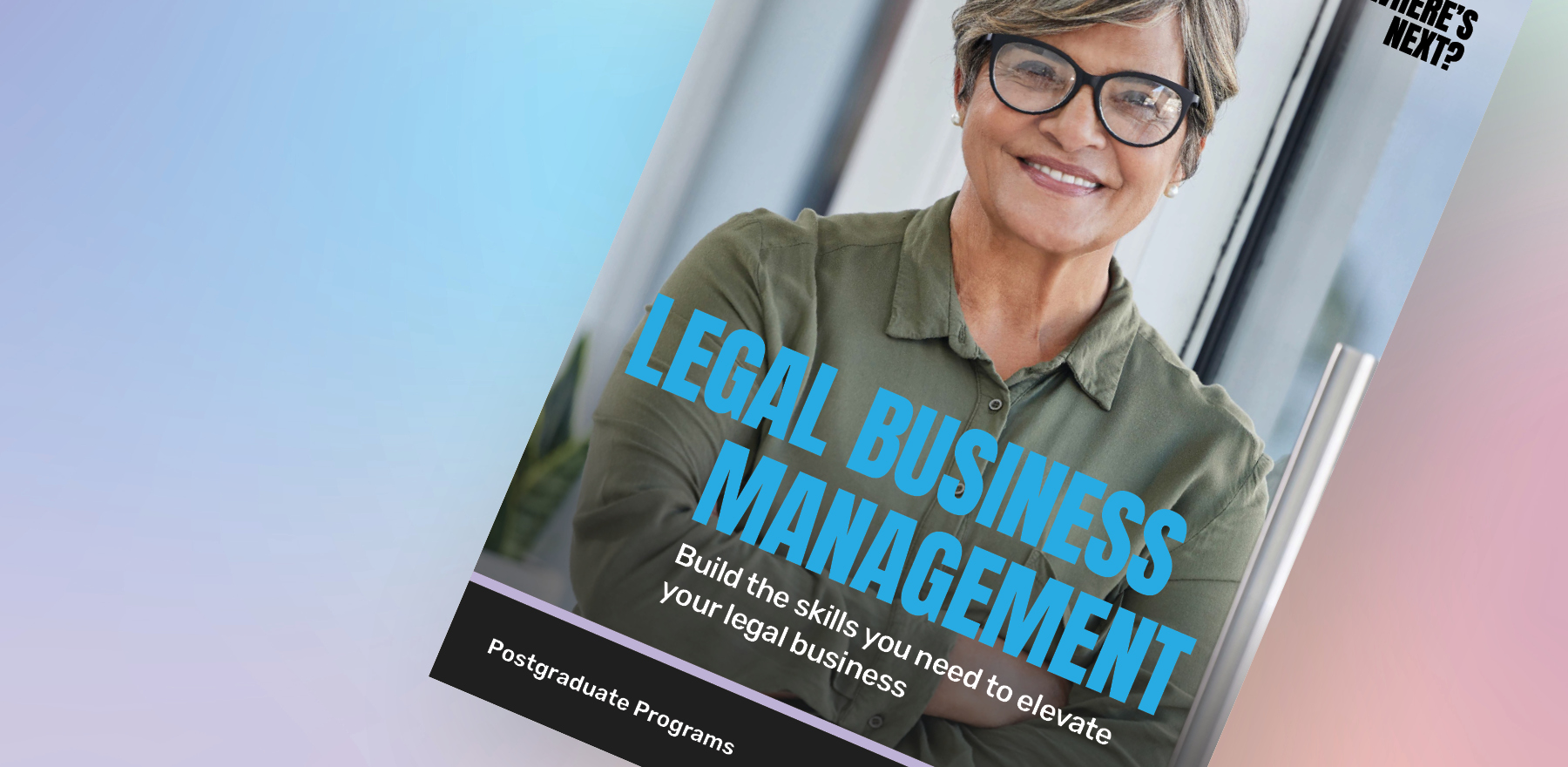











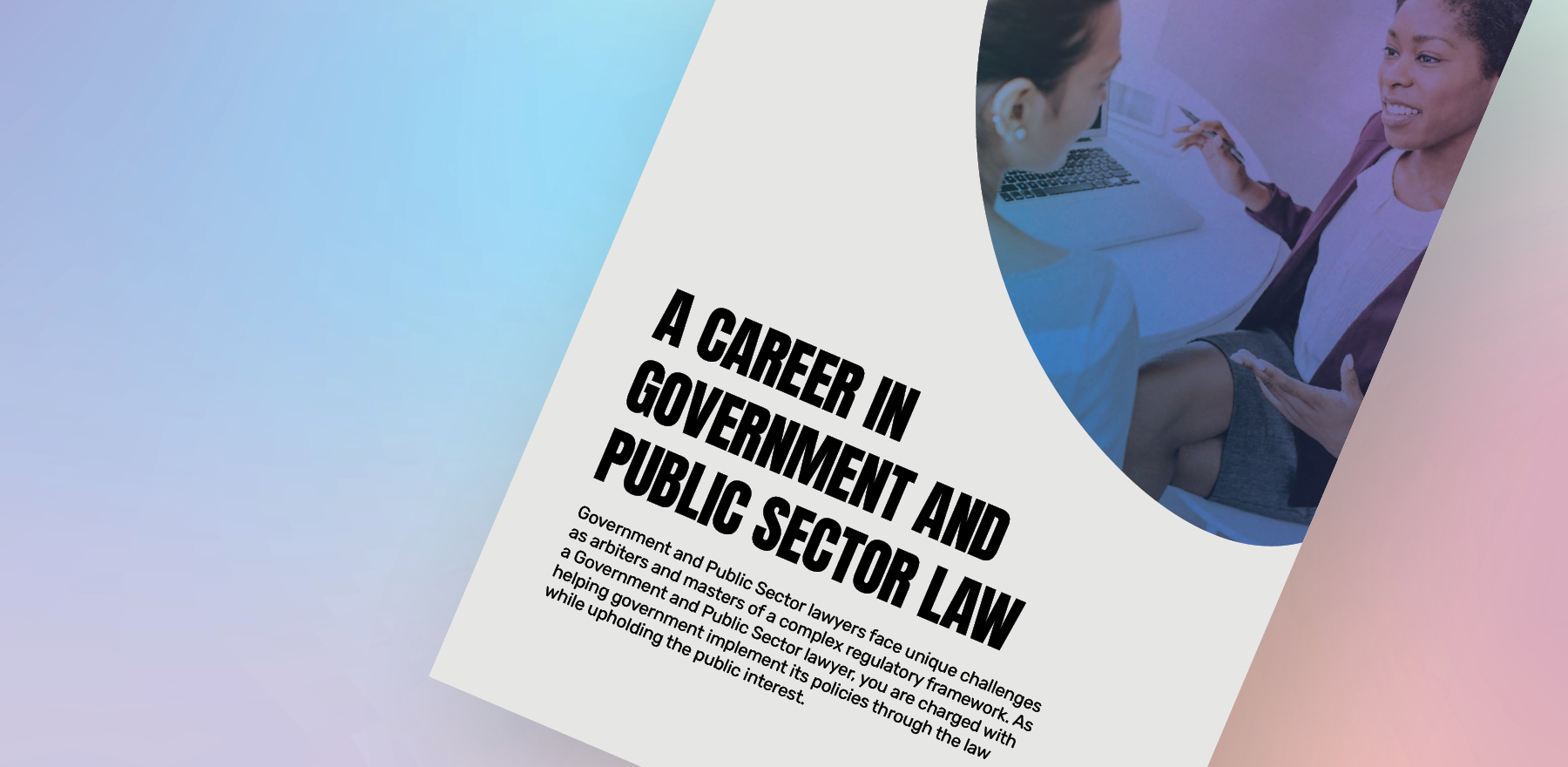
















![How to handle Direct Speech after Gan v Xie [2023] NSWCA 163](https://images4.cmp.optimizely.com/assets/Lawyer+Up+direct+speech+in+drafting+NSW+legislation+OCT232.jpg/Zz1hNDU4YzQyMjQzNzkxMWVmYjFlNGY2ODk3ZWMxNzE0Mw==)






